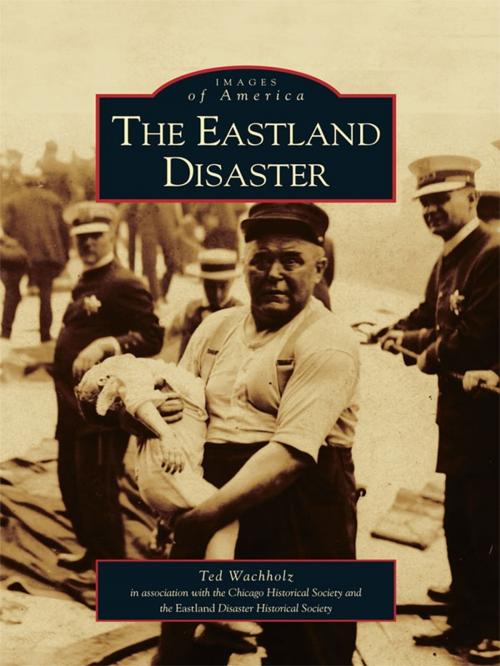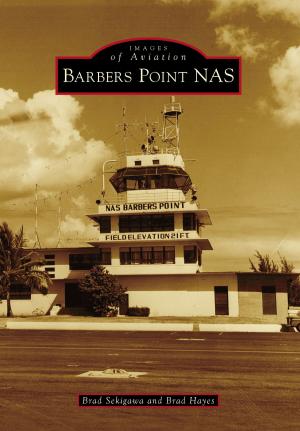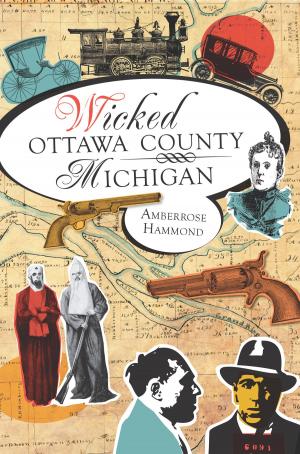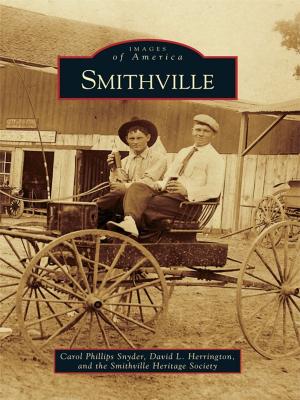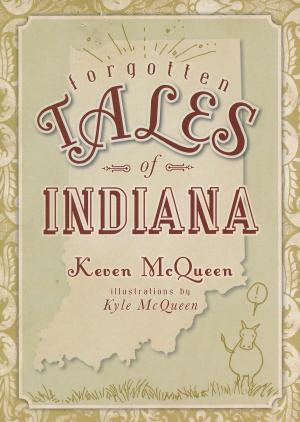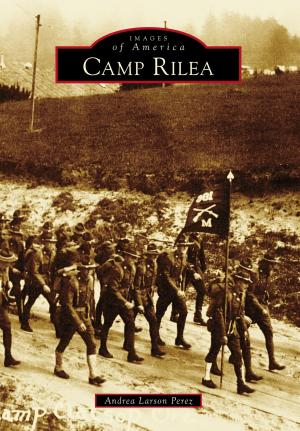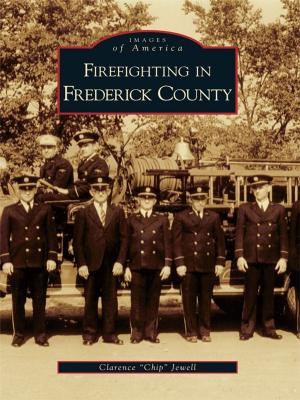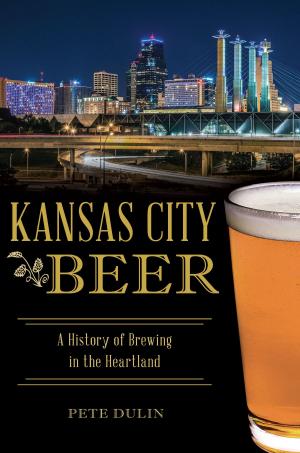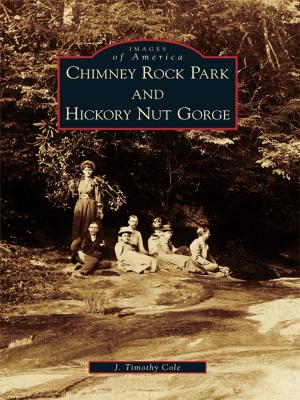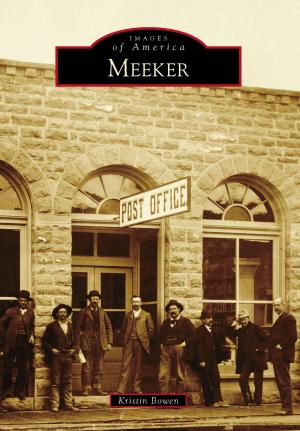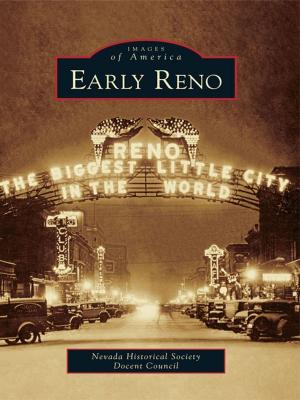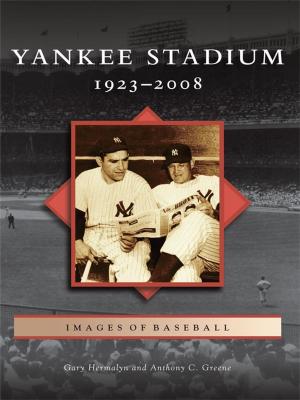The Eastland Disaster
Nonfiction, Science & Nature, Nature, Environment, Natural Disasters, Art & Architecture, Photography, Pictorials, History, Social & Cultural Studies, Social Science| Author: | Ted Wachholz, Chicago Historical Society, land Disaster Historical Society | ISBN: | 9781439615478 |
| Publisher: | Arcadia Publishing Inc. | Publication: | August 17, 2005 |
| Imprint: | Arcadia Publishing | Language: | English |
| Author: | Ted Wachholz, Chicago Historical Society, land Disaster Historical Society |
| ISBN: | 9781439615478 |
| Publisher: | Arcadia Publishing Inc. |
| Publication: | August 17, 2005 |
| Imprint: | Arcadia Publishing |
| Language: | English |
More than 7,000 people living in the Chicago area and Michigan City, Indiana, eagerly anticipated Saturday morning, July 24, 1915. This particular Saturday was going to be anything but a routine summer day. Plans had been carefully made for it to be the social and entertainment event of the year, and for some, a lifetime. The fifth annual midsummer excursion and picnic had been organized by the employees of the Western Electric Company's Hawthorne Works. Thousands of carefree merrymakers would enjoy a festive day including a lovely cruise across Lake Michigan to an awaiting parade and day-long picnic. The day would conclude with an evening cruise back to Chicago. For thousands of hard-working immigrant laborers and their families and friends, it was going to be a day to remember. Instead, the day's scheduled event turned into a tragedy unlike any other. The SS Eastland, while still tied to the wharf, rolled into the Chicago River with more than 2,500 passengers on board. Nearly 850 people lost their lives, including 22 entire families. The ensuing struggle for survival, and the resulting death, heroism, cowardice, greed, and scandal gripped the city of Chicago.
More than 7,000 people living in the Chicago area and Michigan City, Indiana, eagerly anticipated Saturday morning, July 24, 1915. This particular Saturday was going to be anything but a routine summer day. Plans had been carefully made for it to be the social and entertainment event of the year, and for some, a lifetime. The fifth annual midsummer excursion and picnic had been organized by the employees of the Western Electric Company's Hawthorne Works. Thousands of carefree merrymakers would enjoy a festive day including a lovely cruise across Lake Michigan to an awaiting parade and day-long picnic. The day would conclude with an evening cruise back to Chicago. For thousands of hard-working immigrant laborers and their families and friends, it was going to be a day to remember. Instead, the day's scheduled event turned into a tragedy unlike any other. The SS Eastland, while still tied to the wharf, rolled into the Chicago River with more than 2,500 passengers on board. Nearly 850 people lost their lives, including 22 entire families. The ensuing struggle for survival, and the resulting death, heroism, cowardice, greed, and scandal gripped the city of Chicago.
